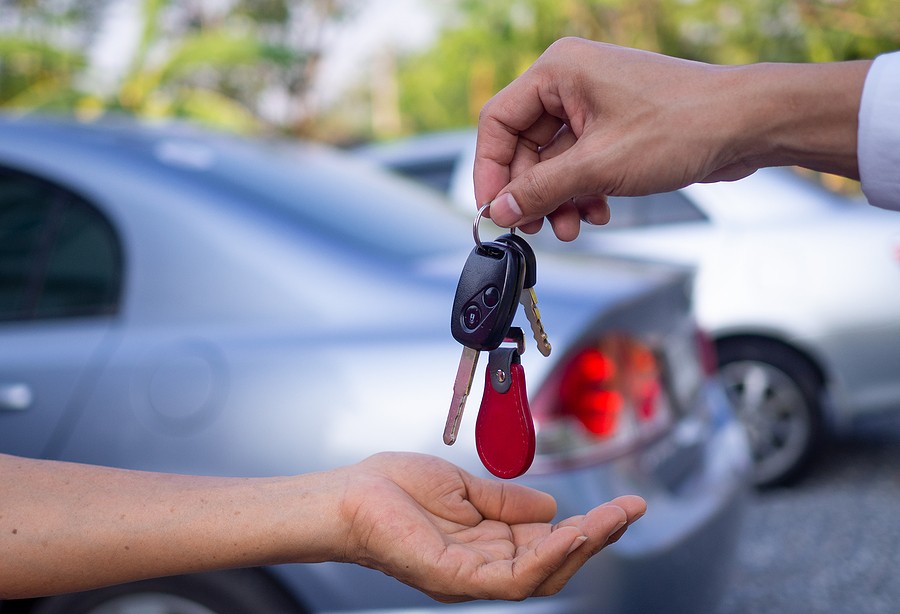It's no secret that buying a car can be a daunting experience. But what do you do if you find yourself in a situation where the car you just bought has some problems?
Trading in a car is not always a straightforward problem. However, things get more complicated if the car has some problems. If you want to avoid getting ripped off, it's important to know how to trade in a car with problems.
This article will outline ten simple tips for trading in a car with problems.
Can you trade-in your car if it has problems?
Yes. You can trade in a car if it has problems. However, your options are limited because you cannot sell the car privately. To avoid getting ripped off, you will need to trade the car in at an official dealer instead.
Trading in means you don't buy another car but exchange your old one for a new or second-hand car. This is called trade-in value.
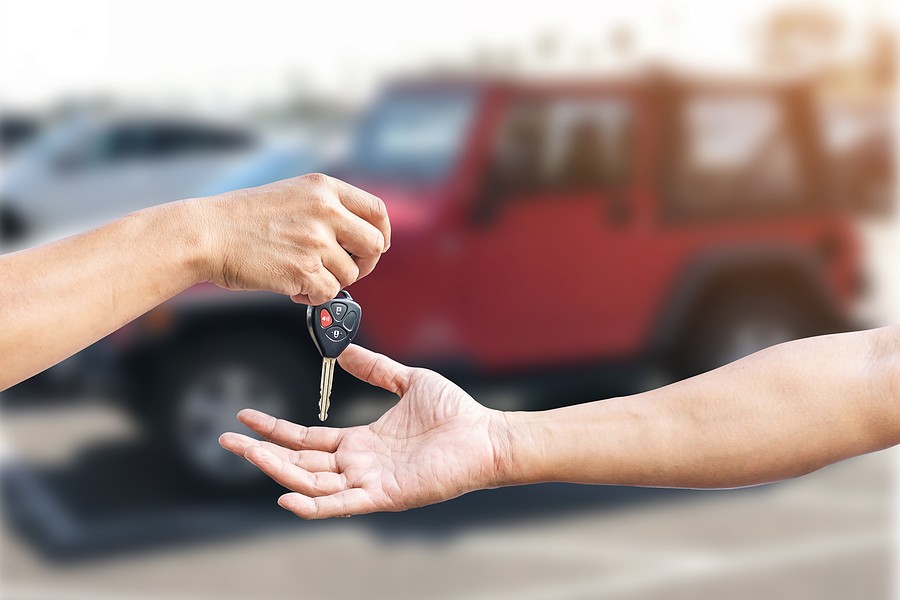
10 Tips To Trade In A Car With Problems
It can be very stressful dealing with problems with your car. Before doing anything, you should first contact your local car service center or mechanic to estimate the repair cost. If it's more than $500, you might want to consider getting the problem fixed before trading in your car.
1- Get A Good Used Car Appraisal
You should get a well-used car appraisal if you don't want to get ripped off when trading in your car. The appraisal will give you an idea of what to expect from the dealership when they trade-in your car
2- Don't Trade In Your Car If You're Upset About It
Don't trade-in your car if it's something that is upsetting you. It might be tempting to trade in your car as soon as you can, especially if it's bad, but the last thing you want is to get ripped off.
3- Tow Your Car Directly To The Dealer's Office
When you are looking for a good deal, take precautions. If possible, don't drive your car to the dealer's office. You should park your car at a safe, public location and take the keys with you. The reason for this is that if the dealership owner sees damage to your car before he makes an appraisal, he might use it to reduce the amount offered when trading in your car.
4- Tell The Dealership Where You Want To Trade In Your Car
Contrary to popular belief, you have the right to tell the dealers where you want to trade in your car. The whole process of trading in a car takes a lot of time and can be frustrating if you don't know what to expect. Tell the dealers where you want to trade in your car makes his job easier and faster.
5- Let The Dealer's Make An Appraisal In Private
As mentioned above, get an appraisal from the dealer before going there for a trade-in consultation. This is because some dealers will try their best to sell more cars by using every little detail from the inspection report when they make an offer on your trade-in vehicle.
6- Don't Trade-In Your Car At A High Mileage
You know what they say: If it doesn't run, it's not worth a dime. So if your car has more than 120,000 miles on the clock (or less depending on where you live), you should expect to get a lower offer from the dealer. Furthermore, knowing that this is the case, most dealers will likely convince you to buy another vehicle instead of trading in your old one.
7- Buy Another Vehicle From The Dealer You Are Trading With
If possible, and if you can afford it, buy another vehicle offered by the same dealer as your trade-in. This will help increase both of your chances for making a good deal with each other, and it will help the dealer make a profit on both of your transactions.
8- Ask For A Full Price Offer On The Other Vehicle Before You Decide
This is another great way to get a good deal when trading in your car. By asking for a full-price offer before driving off with the new vehicle, you give yourself more time to think about it and increase the chances that you will get an even better deal.
9- Keep Track Of Your Progress Via Email
It's important to keep track of what is going on during your trade-in process to be sure about everything that goes down. Sure enough, this can be done easily by emailing back and forth with the dealer or sales agent. This way, you can be sure of the exact status of your transaction.
10- Don't Put Any Personal Belongings In The New Car Until After The Trade-In Is Completed
This is a good idea in general, but it's also necessary if you don't want your old car to get stuck in the middle of your trade-in. This will happen when you put personal belongings in the new car before the old one is traded in, which can cause both vehicles to be held by the dealership until you come back to pick up the old car.
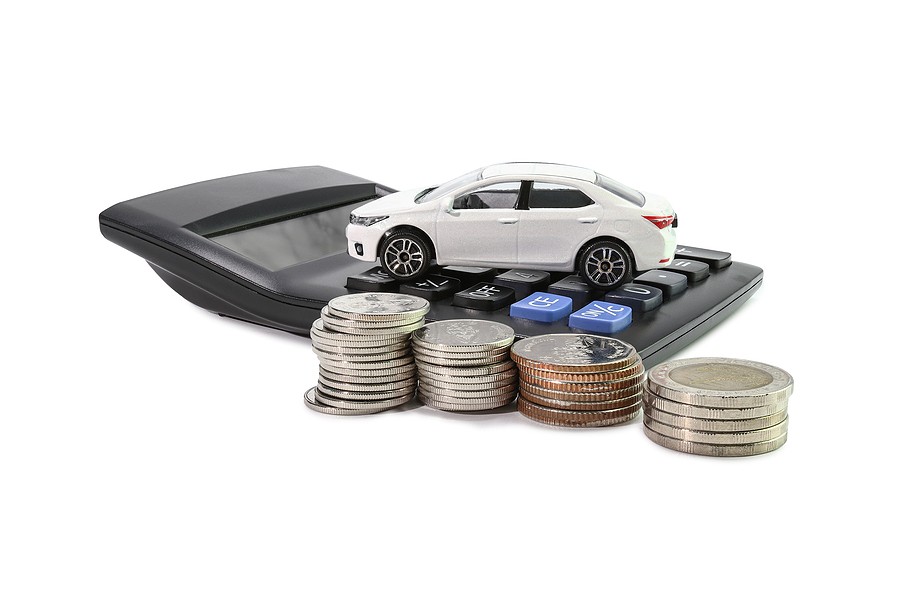
The benefits of trading in a car with problems
You can get several benefits from trading in a car with problems. Let's take a closer look at 10 of these benefits:
- First, you won't have to spend money on repairs.
- With the cash you get for your trade-in, you can easily put a down payment on your next vehicle.
- You can use the cash received from the trade-in to buy a cheap, old car that is still in good working condition and fix it up. This way, you will have two cars instead of one and won't have to spend money on repairs for your second car either.
- You might be entitled to a tax deduction if you keep your old car in good working condition for business purposes.
- Many municipalities have laws or regulations requiring you to turn in your license plates when trading a car. This saves you the inconvenience of taking care of this task yourself.
- You will receive cash instead of having to put it on a credit card or other financial instrument that you don't know how much interest it'll end up costing you.
- You don't have to worry about your old car's problems or bad condition when you drive off in the new one.
- You will have enough cash to buy that car insurance you were putting off for so long. This way, you won't have to worry about getting in an accident either.
- You have the opportunity to get a new car warranty before you buy your new car. This way, you won't have to worry about repairs for a while.
- You can get rid of your old, dangerous car and upgrade to a new, safer one.
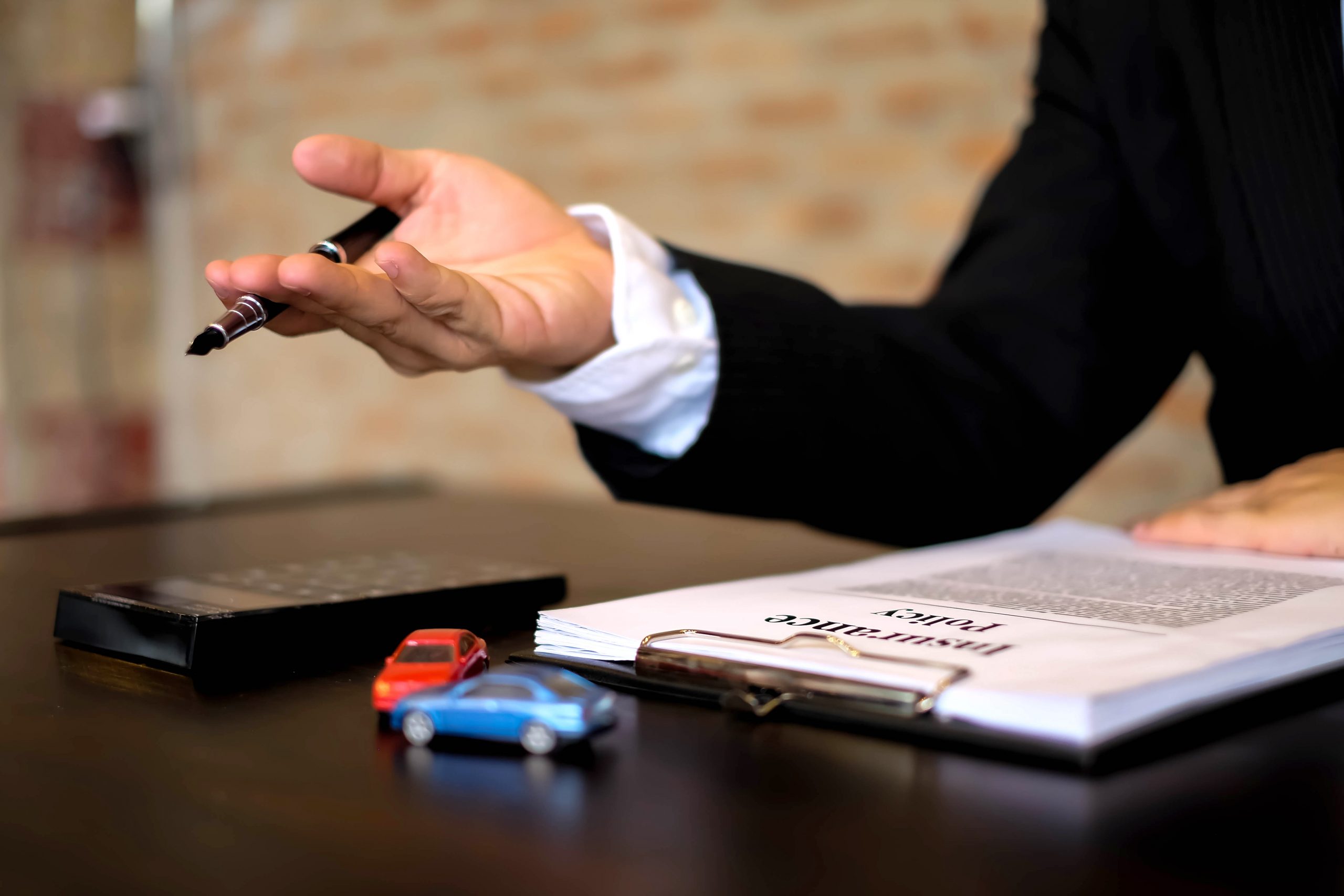
The drawbacks of trading in a car with problems
Although it might sound like a good deal trading in cars with problems, there are extremely challenging drawbacks to keep in mind, including:
- First, your problems will soon be someone else's problem.
- You will have to spend money on repairs and maintenance for your new vehicle. Unfortunately, this means that you'll have to spend more money on car insurance as well.
- The value of your old car will drop significantly, meaning that you won't be able to get as much for it when you trade it in. The older the car is, the less money you will get for it.
- Your new car will lose value significantly very quickly. Unfortunately, this means that you'll be left with an old, depreciated vehicle that isn't worth much.
- You might have to pay taxes on the money you received for your trade-in if more than $7500.
- Your old car might break down in the parking lot before you trade it in.
- You have to be extremely careful when you trade in a car with problems. For example, you might end up giving the dealer more money than the car is worth because of hidden issues that you're not aware of. This happens when the dealer can take advantage of your lack of knowledge and sell you a faulty car.
- You will have to deal with a long list of paperwork. This can take a lot of time and frustration to complete, especially if you don't have a good understanding of the process.
- You might go through a long wait before you get your cash for trading in your old car. This delay comes from the dealer having to inspect the condition of your old vehicle before issuing payment.
- You will not be able to get a warranty on your new car. You might also have to pay higher interest rates on the loan you've taken out to afford it. This can make it difficult for you if something goes wrong with your new vehicle soon after buying it.
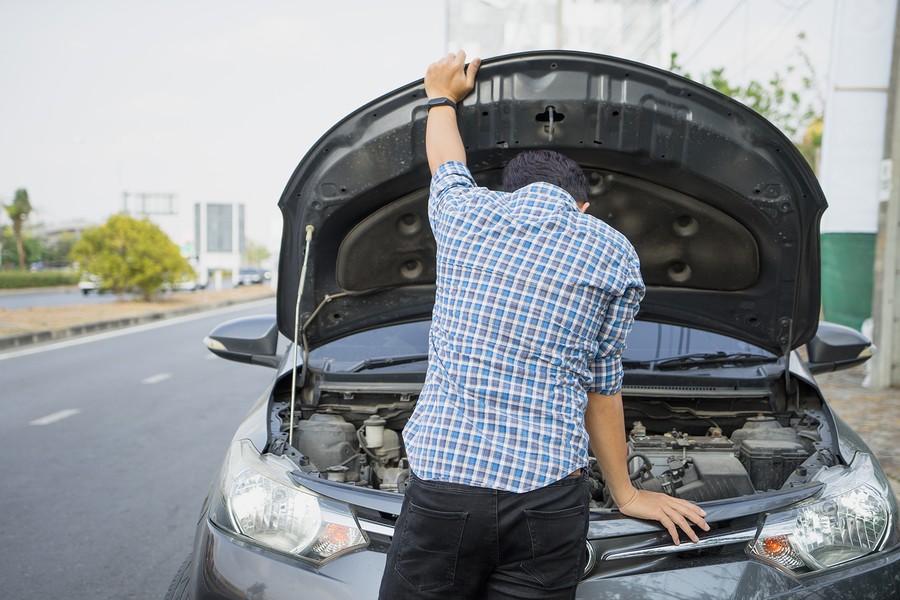
How To Trade In A Car With Problems? FAQs
This section will answer some of the most commonly asked questions about trading in a car with problems.
What do I need to know before trading in a car with problems?
To trade in a car with problems, you need to take the time and complete some research before visiting a dealer.
You need to find out the value of your car and know how much money you're expecting to receive for it as a trade-in or as a straight-up sale. You also need to be fully aware of the condition of your car. A good rule of thumb is only trading a car with problems if the repairs cost less than half of the car's value.
You need to know the current condition of your car, whether it is minor damage or major problems. Then, find out what repairs are necessary before you trade in a car with problems and estimate how much each repair will cost. You also need to determine which issues would be considered “normal wear and tear” by the dealer.
You need to know whether or not your car qualifies for a warranty. This is extremely important if you plan to trade the car in with problems. The dealer might have insurance that will cover your new vehicle, but it's always better to be safe than sorry when dealing with car dealers.
Is it better to fix a car before trading in?
It is not recommended to fix a car before trading it in. This will cost more money and time than simply trading it in as-is.
What kind of questions will the dealer ask me?
The dealer may want to know if you've had any accidents with your vehicle recently, as well as how many previous owners the car has had.
Can I trade my car in if I still owe on it?
Yes, you can trade in a car with problems even if you still owe on your loan. However, the dealer will only pay off what is owed to the bank and not give you extra money.
What factors should I consider before trading in my car?
Before trading in your vehicle, there are some things that you must consider:
-What is the current condition of your vehicle?
-How much will it cost to repair your vehicle?
-Do I qualify for a warranty?
-Do you still owe on your car loan?
Can a car dealership return my trade-in if they find something wrong with it after the sale?
No, it is against the law for the dealership to return your trade-in after they have sold it.
The dealer can't give you back your car if they discover that there are problems after you have traded it in. The dealer also does not legally have to issue payment within a certain amount of time, so be aware that this might not be an immediate process.
Can I trade in my car even if it has been deemed “totaled” by an insurance company?
Yes, you can trade in a totaled vehicle as long as the dealership has agreed to this ahead of time. The dealer might have restrictions regarding what condition your car must be in, so make sure to ask.
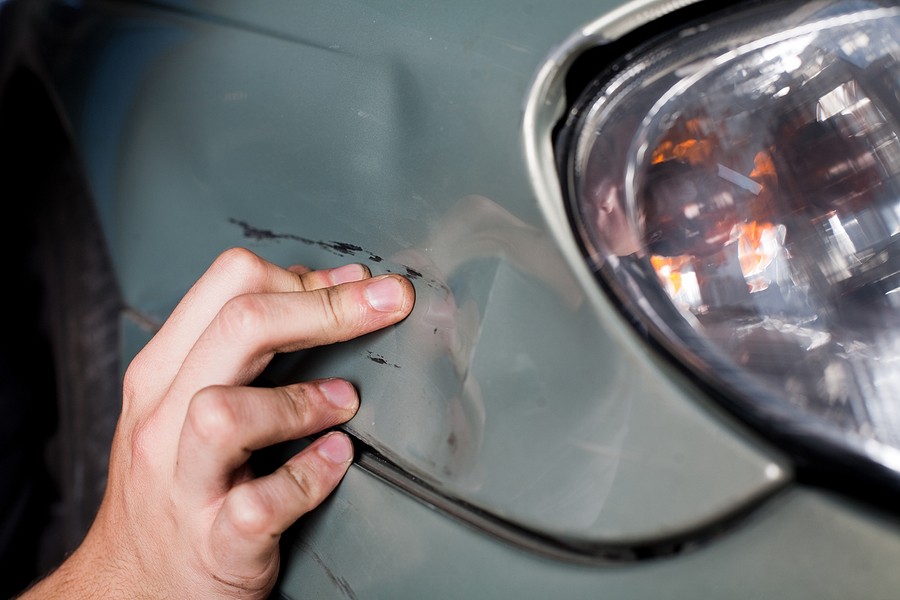
Tips To Trade In A Car With Problems: Conclusion
In conclusion, the process of trading in a car with problems can be difficult given that it may not qualify for a warranty, and you might have to pay higher interest rates on your loan. To trade in a vehicle with preexisting issues, make sure you do your research before going into the dealership, so you know how much money they will offer as compensation.
You also need to find out if there are any restrictions regarding what condition your car must be in when traded in or sold outright by dealerships. It is important to note that once a dealer has bought back your vehicle from you, they cannot return it even if something goes wrong after their purchase.

